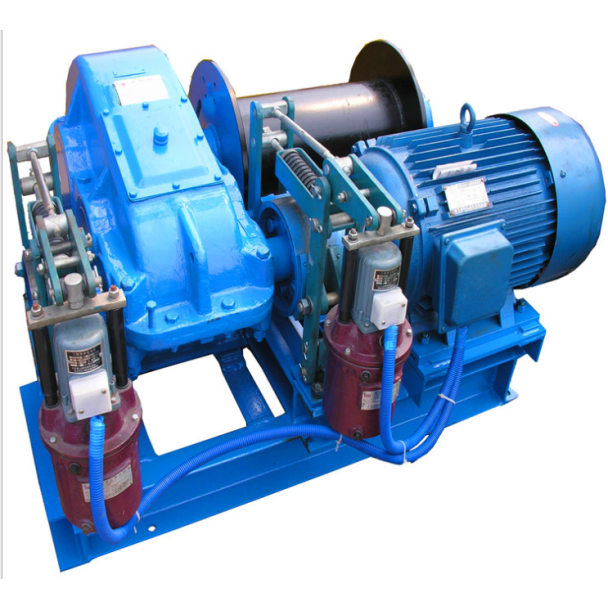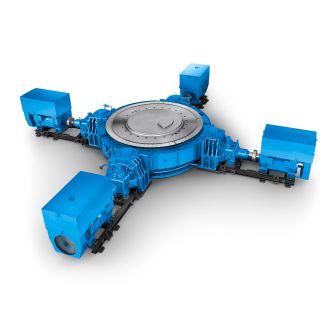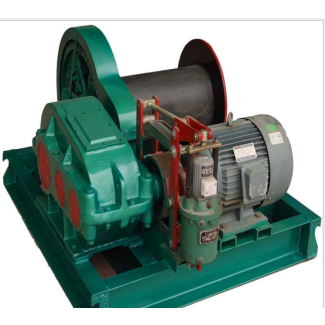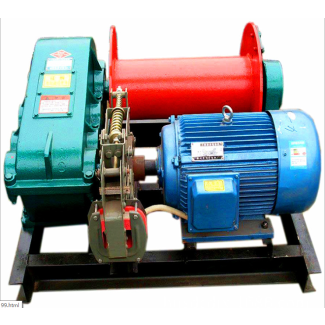Bevel-helical gear reducers B3 V with forced lubricationWeight H Vth to th p B3VV-11-C
In stock
SKU
B3VV-11-C
$40,285.71
Flender/Flender Gear Units/Bevel-helical gear reducers B3
or other assistance for training programs from their governments. 3 Some .. firms have stated that tax incentives or direct government funding would lessen the burden of providing training programs. Further, .. sources cite foreign educational systems as an advantage
government funding would lessen the burden of providing training programs. Further, .. sources cite foreign educational systems as an advantage  for their competitors and support increased .. government funding for vocational education. In West Germany, for example, the early choice
for their competitors and support increased .. government funding for vocational education. In West Germany, for example, the early choice  of vocational career paths and subsequent apprenticeship programs create broad base of skilled machinists. However, while training and vocational education
of vocational career paths and subsequent apprenticeship programs create broad base of skilled machinists. However, while training and vocational education  programs may receive more government support abroad, foreign gear manufacturers report labor shortages similar to those encountered by .. producers. Western European sources state that the machinist and engineering trades are considered low-status occupations, and young people who are mechanically inclined are not encouraged to enter those fields. 3 In Japan, gear manufacturers claim that university graduates do not want to work in engineering positions in the factories, and this makes it especially difficult for relatively small industries, like the gear sector, to attract essential employees. 3 Other young Japanese perceive 2 Transcript, . 1. 2 Ibid., . 1. 3 USITC staff interviews with .. gear producers, August-September 1. 3 Transcript, . 2 3 USITC staff interviews with gear industry officials, the United Kingdom, France, West Germany, and Italy, November-December 1. 3 USITC staff interviews with gear industry officials, Japan, December 1. factories as dirty work environments and alternatively look to the service sector for employment. Comparisons are frequently made between the productivity of .. workers and those in other countries. One visitor to small, family-owned Japanese gear maker was impressed by the skill and dedication of its workforce. The workers were making production-related calculations at their workstations, and had apparently been working
programs may receive more government support abroad, foreign gear manufacturers report labor shortages similar to those encountered by .. producers. Western European sources state that the machinist and engineering trades are considered low-status occupations, and young people who are mechanically inclined are not encouraged to enter those fields. 3 In Japan, gear manufacturers claim that university graduates do not want to work in engineering positions in the factories, and this makes it especially difficult for relatively small industries, like the gear sector, to attract essential employees. 3 Other young Japanese perceive 2 Transcript, . 1. 2 Ibid., . 1. 3 USITC staff interviews with .. gear producers, August-September 1. 3 Transcript, . 2 3 USITC staff interviews with gear industry officials, the United Kingdom, France, West Germany, and Italy, November-December 1. 3 USITC staff interviews with gear industry officials, Japan, December 1. factories as dirty work environments and alternatively look to the service sector for employment. Comparisons are frequently made between the productivity of .. workers and those in other countries. One visitor to small, family-owned Japanese gear maker was impressed by the skill and dedication of its workforce. The workers were making production-related calculations at their workstations, and had apparently been working| Model Type | Bevel-helical gear reducers B3 |
|---|---|
| Gear Type | Bevel Helical Gear |
| Weight (kg) | 1880.000000 |
| Ratio Range | 1 : 12.5…71 |
| Low Speed Output | Solid shaft with parallel key acc. to DIN 6885/1 with reinforced spigot |
| Nominal Torque | 63500 Nm |
| Mounting Arrangements | Vertical mounting position |
| Manufacturer | Flender Brasil Ltda |
| Country of Manufacture | Germany |
| Data Sheet & Drawings | Bevel-helical gear reducers B3 V with forced lubricationWeight H Vth to th p B3VV-11-C |












